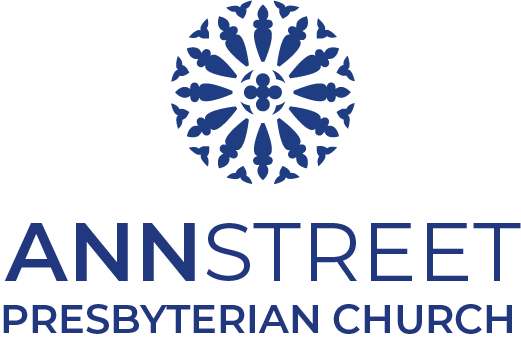1 This is the genealogy[a] of Jesus the Messiah[b] the son of David, the son of Abraham:
2 Abraham was the father of Isaac,
Isaac the father of Jacob,
Jacob the father of Judah and his brothers,
3 Judah the father of Perez and Zerah, whose mother was Tamar,
Perez the father of Hezron,
Hezron the father of Ram,
4 Ram the father of Amminadab,
Amminadab the father of Nahshon,
Nahshon the father of Salmon,
5 Salmon the father of Boaz, whose mother was Rahab,
Boaz the father of Obed, whose mother was Ruth,
Obed the father of Jesse,
6 and Jesse the father of King David.
David was the father of Solomon, whose mother had been Uriah’s wife,
7 Solomon the father of Rehoboam,
Rehoboam the father of Abijah,
Abijah the father of Asa,
8 Asa the father of Jehoshaphat,
Jehoshaphat the father of Jehoram,
Jehoram the father of Uzziah,
9 Uzziah the father of Jotham,
Jotham the father of Ahaz,
Ahaz the father of Hezekiah,
10 Hezekiah the father of Manasseh,
Manasseh the father of Amon,
Amon the father of Josiah,
11 and Josiah the father of Jeconiah[c] and his brothers at the time of the exile to Babylon.
12 After the exile to Babylon:
Jeconiah was the father of Shealtiel,
Shealtiel the father of Zerubbabel,
13 Zerubbabel the father of Abihud,
Abihud the father of Eliakim,
Eliakim the father of Azor,
14 Azor the father of Zadok,
Zadok the father of Akim,
Akim the father of Elihud,
15 Elihud the father of Eleazar,
Eleazar the father of Matthan,
Matthan the father of Jacob,
16 and Jacob the father of Joseph, the husband of Mary, and Mary was the mother of Jesus who is called the Messiah.
17 Thus there were fourteen generations in all from Abraham to David, fourteen from David to the exile to Babylon, and fourteen from the exile to the Messiah.
What names stand out to you from Jesus’ genealogy (family tree)?
Verse 1 outlines two particular ancestors of Jesus. What do the following passages tell us about these men?
1. Abraham (called Abram in the passage) - Genesis 12:2-3
2. David - 2 Samuel 7:8-16
How do God’s promises to these men shape our understanding of Jesus’ identity and ministry?
Jesus’ genealogy is split into three sections (Abraham to David, David to the exile and the exile to Jesus). The exile to Babylon (approx 586 BC) was a result of the persistent sin of God’s people, Judah. At their lack of repentance, God scattered His people and destroyed the temple; signifying the removal of His blessing and presence with them. However, God did eventually bring them back to their land. At the time of Jesus’ birth, the Jewish people were still waiting for the Messiah (the anointed one). The Messiah was to be God’s chosen one, who would bring salvation for Israel the nation and judgement on God’s enemies. In these 17 verses, Matthew uses the word “Messiah” three times (verses 1, 16 and 17). Why do you think Matthew chooses to do this? What kind of expectation does it set for the rest of the book?
Pray that we would marvel at how God fulfills His promises through Jesus and trust in His faithfulness. Ask for a deeper appreciation of God's redemptive plan through history.
J & R: Pray for confidence in God's promises and perseverance in their ministry in East Asia
Church on Sunday: Pray for our four congregations (8am, 9:30am, 11am, and 5pm), that they remain welcoming. That when we meet, we know real worship, fellowship, and spiritual growth.

